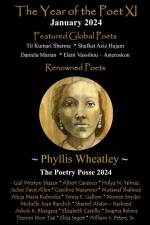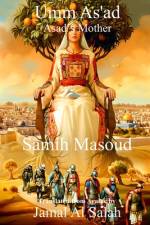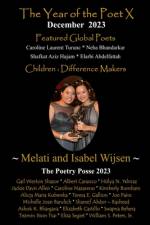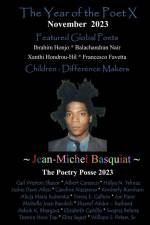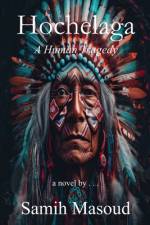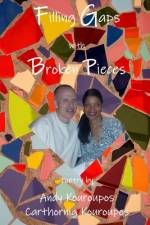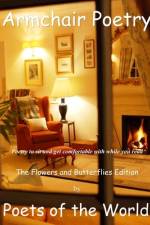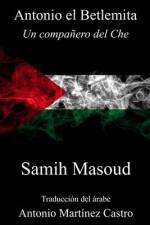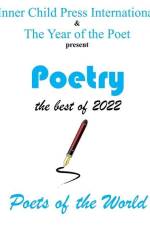av The Poetry Posse
187
Foreword Renowned Poets: Phillis Wheatley Phillis Wheatley was the first African American and the first woman to publish a book, the first woman, to make a living from her writing, and all was accomplished while being a slave. Through her work, Phillis Wheatley is credited with helping create the foundation of African American Literature and provide inspiration to African American emancipation of slavery. Phillis Wheatley was born in 1753 in Gambia. I couldn't find any information on her birth parents. When she was seven or eight years old, she was forcibly kidnapped and brought across the Atlantic (United States) on the ship called Phillis. Phillis was a small, sick child when she was sold as a slave to John Wheatley, (a wealthy Boston Merchant.) His wife, Susanna Wheatley, was in a search for a young female servant to help her and her daughter, Mary, in domestic duties. She was named after the ship, Phillis, that brought her across to the United States. Then she received her last name, Wheatley from her master. John and Susanna knew she was very intelligent. She was dismissed from her duties. Instead, Susanna and her daughter, Mary, taught her to read and to write. They encouraged her to write poetry. They also taught her religion, language, literature, and history. At the age of twelve, Phillis published her first poem, "On Messrs Hussey and Coffin," about sailors escaping disaster. Susanna Wheatley supported Phillis as she wrote her first book of poems, "Poems on Various Subjects, Religious and Moral" was published in London. She couldn't get her book published here in the United States because she was African American and a woman. But Nathaniel, the master's son, took her to London to get it published. Susanna's friend, Selina Hastings, funded her book publication. After her book was published, she was emancipated from slavery. She married John Peters, a free black man who was a shopkeeper. They had children but none survived infancy. Her husband was sent to prison for debt. Phillis had to work as a scullery maid at a boarding house, doing work she had never done before. She developed pneumonia and died on December 5, 1784 after giving birth to her daughter who died shortly after her. I am very impressed with Phillis Wheatley and her poetry. She's very talented and gifted poet. She stands for truth, honesty, hope, dreams, and freedom. She brings hope to the African American, women and to all the people. She has been through so much but still never gave up hope, she kept pushing on. Let us honor her and her poetry. Noreen Snyder


